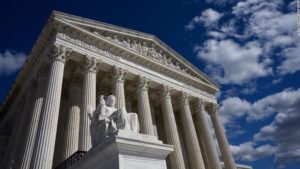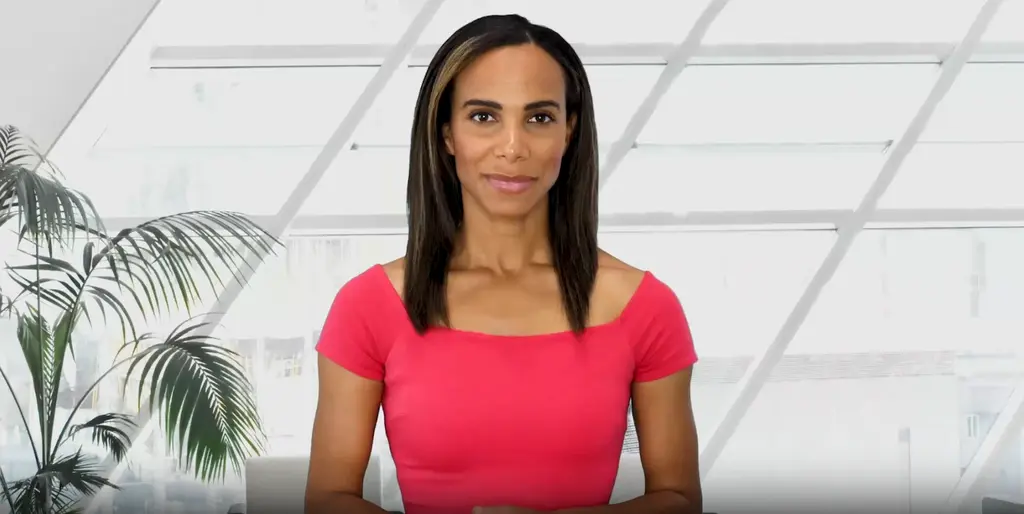Content Reviewed by:
Tucker Clagett •
December.10.2021
Vertified Content
Dec 10, 2021
| Read Time: 4 minutes

The appeals court just said yes those documents can be released, and that case will head to the Supreme Court next.
This will be another interesting decision to watch in the coming year. The press always frames this dispute in political terms. But it actually has significant constitutional issues. It will be a chance for the Supreme Court to weigh in on significant issues regarding separation of powers – basically the idea at the heart of our constitution.
This post will be a very basic explanation of executive privilege, and of the legal issues in the current dispute. Again, this is 100% non-political. I merely seek to explain the legal basis of the case. News reports on this matter quickly devolve into politics, and you should know that the courts are dealing with an entirely different analysis when they make these decisions.
Here is the basic story: Congress has demanded documents from the White House related to the January 6 event. Trump is asserting executive privilege in seeking to keep those documents private. However, he isn’t President anymore. And Biden has made the decision to waive any rights to executive privilege and turn over the documents.
So the very interesting Constitutional question before the court is: Who has the power to assert executive privilege here? Can the current President (Biden) waive the executive privilege that would otherwise belong to the former president (Trump)?
This has never been decided. Most presidents with this sort of dispute have worked it out without going to court. The basis of executive privilege is not a very well developed area of law, and past presidents have preferred to resolve their disputes without going in order to court to avoid some major new court case that might reduce the right of executive privilege.
As you might imagine, presidents like executive privilege, and don’t want to see that right watered down.
Here are the two sides of the debate: In this case, one side argues that the current president is the only one who owns executive privilege, and the current president is the right person to decide what should be kept private and what should be released. Otherwise, a former president can always cover up their bad deeds by asserting executive privilege on anything.
The other side argues that executive privilege really doesn’t exist at all if your political opponent can just waive it for you after you leave office. They fear it will lead to the end of the president’s ability to get candid advice from advisors. Everyone will worry their advice will be disclosed in a few years by the next president so they will be less likely to say what they really think.
What is Executive Privilege & Where Does it Come From?
The right of executive privilege is nowhere to be found in the Constitution. Instead, the courts have found this right is implied by the doctrine of separation of powers.
Remember that we have 3 branches of government, and our Constitution explicitly prevents one branch from controlling the other. This was the founding father’s way of making sure no one person became king. They gave different governmental powers to different branches and let them fight it out.
Separation of powers is an essential part of what makes our constitution work, but it also makes political fighting very messy. This power struggle is a feature of our system – not a bug.
The Supreme Court explicitly found this privilege for the first time during the Nixon years. He was being investigated for the Watergate crimes and he was asserting executive privilege to hide presidential documents that might provide evidence to the congressional investigation.
The Supreme Court found that there was an executive privilege, and if a President invoked it then the law would recognize a “presumption” of privilege. That “presumption” is subject to a balancing test. It can be defeated if the party requesting the material shows the material is “essential to the justice of the case.”
Basically, that means you must prove there is some evidence there, and you really, really need it to make your case. You must prove you aren’t just going on a “fishing expedition” looking for dirt to use against your opponent. It is a high bar to the party seeking the information if a president asserts executive privilege.
This is a classic “balancing test” that the court will decide. And it is pretty hard for Congress to prove they really, really need those documents before they even get to see them.
So if Trump is allowed to assert executive privilege, then those documents will likely stay secret. But if Biden can waive the privilege, he can release whatever he wants.
What is at Stake?
While the press will tell you this is Democrats vs. Republicans, that is not true. This is actually a very interesting question about whether a president keeps his rights to executive privilege when he is no longer in office. If the next president can just waive the privilege, does it really exist? That is Trump’s case.
Or does the current president always get to decide what is privileged and what is not? That is the argument put forth by the Biden White House.
So ignore politics, and concentrate on the constitutional separation of powers issues instead. You will be smarter for it!



